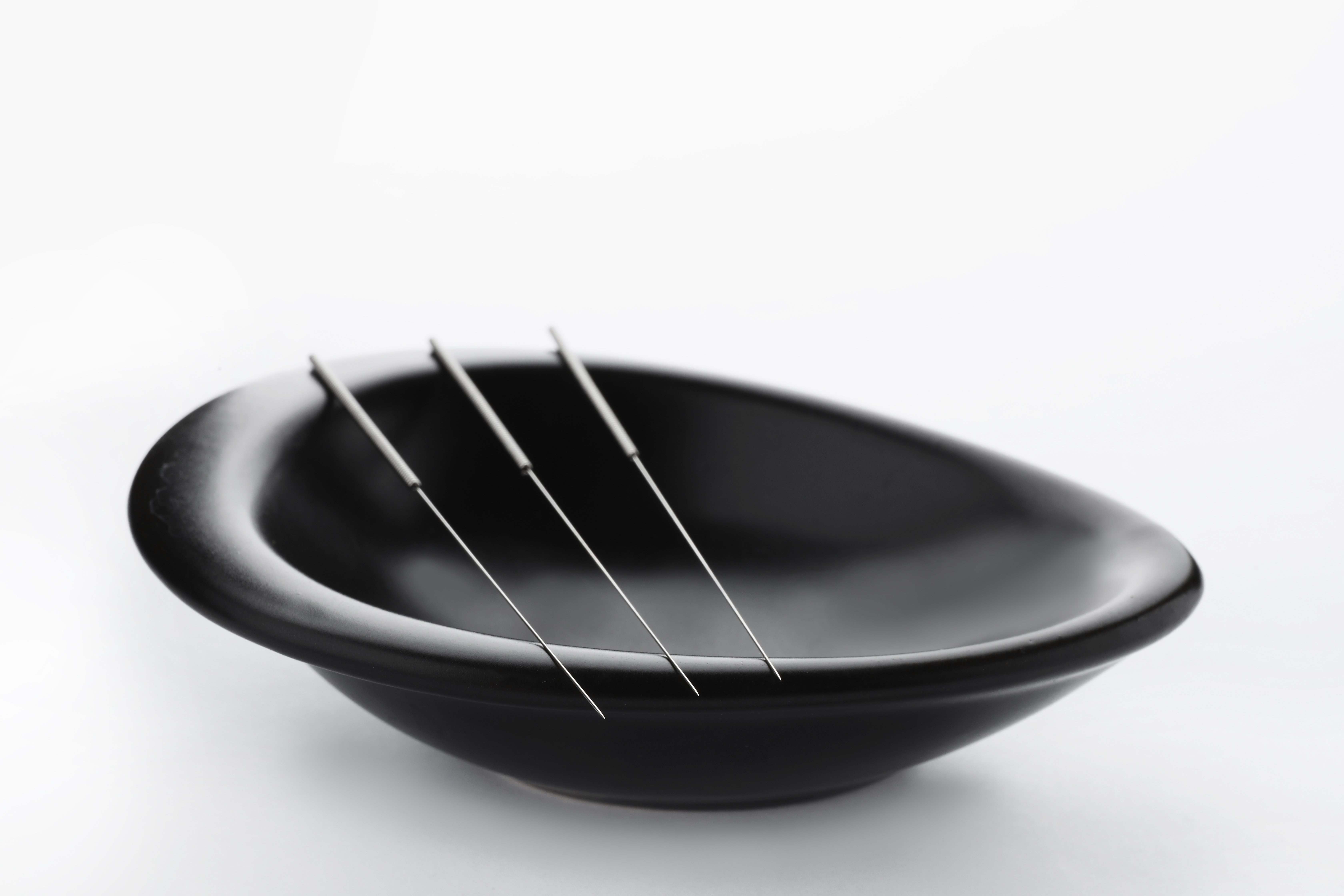Acupuncture: Ancient Medicine, Modern Science
The history of acupuncture
Originating in China nearly 2,500 years ago, acupuncture was noted in the Yellow Emperor’s Classic of Internal Medicine, the fundamental source for traditional Chinese medicine. The ancient healing art expanded throughout Asia, Europe then the Americas. Initially accepted and practiced in Asian cultures within the United States, this modality became available to the U.S. general population in the early 1970s. The National Institutes of Health (NIH) recognizes acupuncture as a viable therapy for the treatment of multiple health conditions further promoting the modality. Today, acupuncture is becoming a trending option for integrative healthcare in a modern world.
What is acupuncture?
Acupuncturists focus on the entirety of a person; body, mind and spirit. Dedie King, MAc, LicAc with 35 years of experience, describes the differences between Eastern and Western medicine viewpoints: “Eastern medicine sees the body as a wave of energy, with its own electromagnetic field containing its own logic system and principles, while Western medicine views the body as particles, focusing only on part of the equation and often treating the body as a symptom of the pain.” The whole aspect of a person goes into the diagnosis when the acupuncturist assesses multiple factors (patient feedback, color, pulses, constitution, emotional state, etc.). The practitioner and the patient are equal partners in a customized, present-oriented healing process.
Eastern medicine views illness as an imbalance of life force energy (qi). This universal energy is aligned by inserting sterile needles into acupoints throughout the body. The practitioner strategically taps 12 meridians, unblocking energy flow. Needling is not always done at the site of the symptoms. Tapping other points can link to pathways that directly impact the affected area. For example, the point on the end of the little toe links to the bladder meridian. This meridian starts at the eye and treating this spot can be helpful in resolving eye issues. The vision center of the brain lights up on a functional MRI when this spot on the toe is pricked without any scientific explanation. During a session, the practitioner assesses pulses to determine if points are working in harmony with the body. Scientists debate that the manipulation of the energetic distribution network simply causes a neurological reaction. However, MRI results have confirmed deactivation of pain receptors in the brain during treatments. Acupuncture boosts the immune system and harmonize organ systems and should be considered for early intervention of symptoms that may not yet have a clinical diagnosis. When energetic levels are aligned, symptoms are less likely to develop into disease. In short, as Mark Mincolla PhD., a naturopathic practitioner in Braintree, MA, says: “Acupuncture is a time tested way to balance the energy between the mind and the body.”
The benefits of acupuncture
While skepticism remains about acupuncture benefits in Western medicine, medical research has been conducted to validate its efficacy. Culturally more accepted in the China, acupuncture is used instead of general anesthesia during open heart surgeries. The World Health Organization (WHO) has confirmed that acupuncture is proven to be successful in the treatment of fatigue, anxiety, depression, insomnia, smoking cessation, and chemotherapy-related nausea. Additional scientific research is necessary to support the benefits of regulating blood pressure, quelling morning sickness, and relieving fibromyalgia pain. Rigorous scientific testing continues to substantiate the benefits of this modality.
Ms. King further explains that “As physicists study nature, they learn that everything is composed of energy. Energy moves and flows through everything. Bodies are composed of molecules, made up of atoms, with positive and negative charges. It is at that most basic level that acupuncture works.” The modality should be considered as a minimally invasive, non-pharmacological treatment option to address chronic pain and other maladies. Although Western medicine may not be quite ready to swap general anesthesia for acupuncture, it may be at the point of referring this method to patients with a mission to achieve and maintain a state of health.
Search for a trained acupuncturist:
National Certification Commission for Acupuncture and Oriental Medicine (NCCAOM) 888-381-1140 https://www.nccaom.org/find-a-practitioner-directory/
Health Professionals at www.Healthprofs.com
